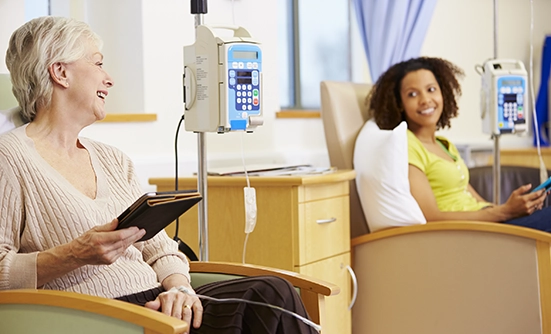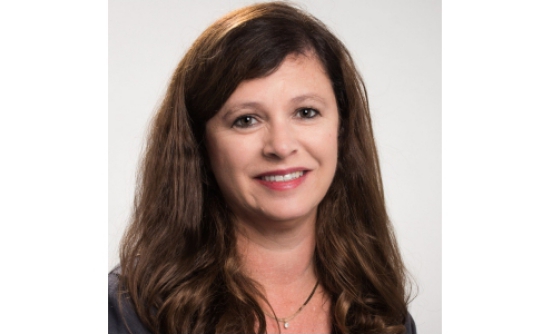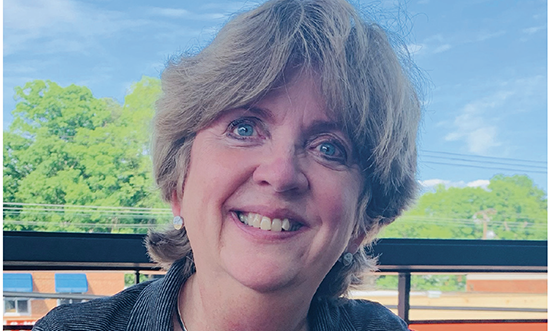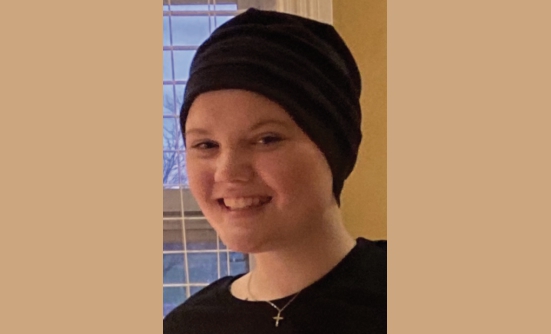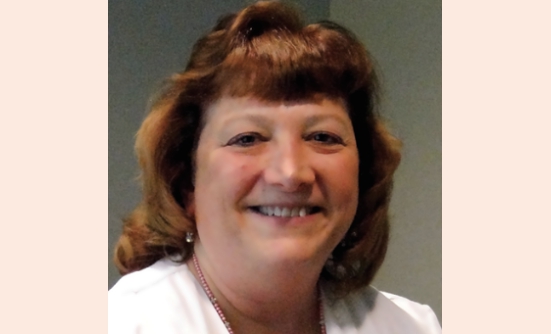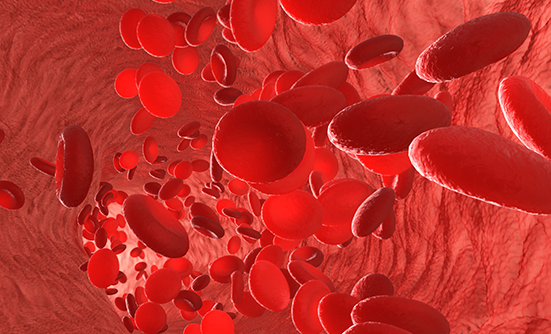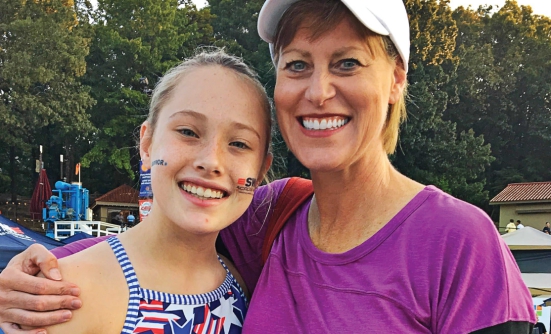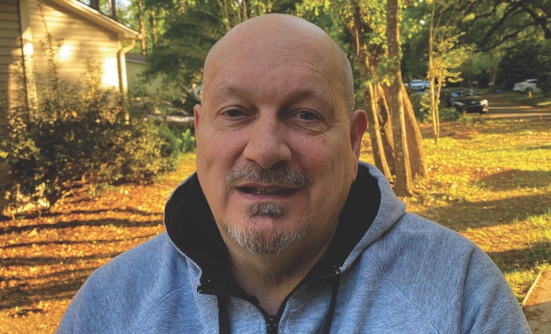“You have cancer.” The 3 most life-changing words every person fears, yet many hear at some point in their lives.
An immediate flood of emotion encompasses your thoughts as your brain puts up a wall to protect you from what you never imagined you would have to deal with. Questions override your thought process as fight or flight sets in. Am I going to die? How will I tell my family? Will I be in pain?
Now imagine hearing this news about your child. The same emotions apply, but they are exaggerated—you now wish to trade places with your child.
Hearing the Diagnosis and How to Manage It
When you hear a cancer diagnosis for your child for the first time—whether it be from your child’s longtime pediatrician or from your child’s new emergency department physician—the reaction is usually the same: fear, confusion, and uncertainty, followed by a lot of questions.
As you are trying to process your child’s life-altering news, the doctor is usually giving vital information on the cancer itself, and what the next steps should be. Gathering as much knowledge as you can is crucial in the moments after the initial diagnosis phase, so it is wise to listen.
Below are 7 tips on a healthy approach to the unwelcome news, and what to do next.
1. Breathe
Take a moment to let the information sink in. Ask the doctor to repeat the diagnosis and any essential details so you have time to comprehend the information fully.
2. Take Notes
As your brain attempts to handle the new diagnosis, you may not remember everything they tell you, including significant details on the disease and necessary steps to take in the near future. So be sure to write down key points of the discussion such as the name of the specific cancer type, and any additional information you receive from them at this time.
3. Bring a Support System
Ask a family member or a friend to be present. Two sets of ears are always better than one, especially in this circumstance. Your spouse, family member, or a friend may be able to remember specific details you can’t recall during this fuzzy period of shock, disbelief, and fear. It is also wise to have a support person who could be available during this difficult time.
4. Ask Questions
Don’t be afraid to ask as many questions as you can think of. The information may be limited at the initial time of diagnosis because of the need for future tests and insights from a specialist, but it never hurts to ask. Examples of questions to ask include:
- What is the stage of cancer?
- What are the treatment options?
- How will the treatment affect my child’s future growth?
- What are the names of key members of my child’s future cancer care team?
- What is the next step?
The last question is the most important thing you must confirm. Before leaving the doctor’s office, make sure to have a clear understanding of what comes next, such as a follow-up appointment with the appropriate cancer specialist.
5. Gather More Information on the Type of Cancer
Knowledge is power, and this moment is no exception. Having accurate and credible data, including resources on your child’s diagnosis, can help you and your family better understand the disease, and what to expect in the future.
It may also help to minimize fear and anxiety; the fear of the unknown will diminish with the more education you receive on the disease itself. Always make sure to use suitable resources and accredited websites for educational materials to ensure that the data are based on correct facts and the information is legitimate. See Patient Resources for helpful examples.
6. Ask for Financial and Emotional Support Resources
A childhood cancer can be daunting for a child and for the family, with the potential to cause financial and emotional hardships on top of the physical and mental issues that arise when dealing with cancer. Access to financial and emotional support, while the patient and caregivers deal with the disease and the effect it has on everyday life, can be indispensable.
Pediatric cancer is unique in that the child will have to manage long-term physical and emotional side effects of cancer and cancer treatment for the rest of his or her life. A certified Child Life Therapist can play an important role in providing age-appropriate education to your child about the disease, help your child develop coping mechanisms to manage the illness and its side effects, as well as prepare the child for the cancer journey and beyond. The Child Life Therapist can also be instrumental in helping you explain the cancer diagnosis and experience to your child.
Always ask for these resources early on to ensure you get adequate and timely assistance. Examples of additional support services to ask for include available payment plan assistance programs at every medical facility and information about pediatric cancer support groups for children and caregivers, as well as the use of local and national organizations that fit your needs.
7. Seek Additional Help
It’s important that you and your child continuously understand the 5 “W’s”—Who, What, Where, When, and Why of dealing with cancer. Be sure to inquire about dedicated resources that may be available in the medical facility and within your community.
These resources can provide expertise and assist with things such as communication, education about the diagnosis and coordination of care, and coping with the trauma of a cancer diagnosis in a child, as well as provide insights into your child’s new normal.
By using these types of resources, you can make sure that you and your family don’t fall through the cracks of the complex world of cancer and understand exactly what steps to follow.
Keep in Mind
As mentioned, hearing a cancer diagnosis, especially for your child, can be an overwhelming experience many of us are not equipped to handle without assistance. The toll that the disease takes on the child, the family, and the community gives a whole new meaning to the saying, “It takes a village.”
Although cancer is intimidating and uncharted waters for most, arming yourself and your family with the right tools to successfully navigate through the initial diagnosis phase and on into survivorship can ease some of your concerns and set your child up for success.







